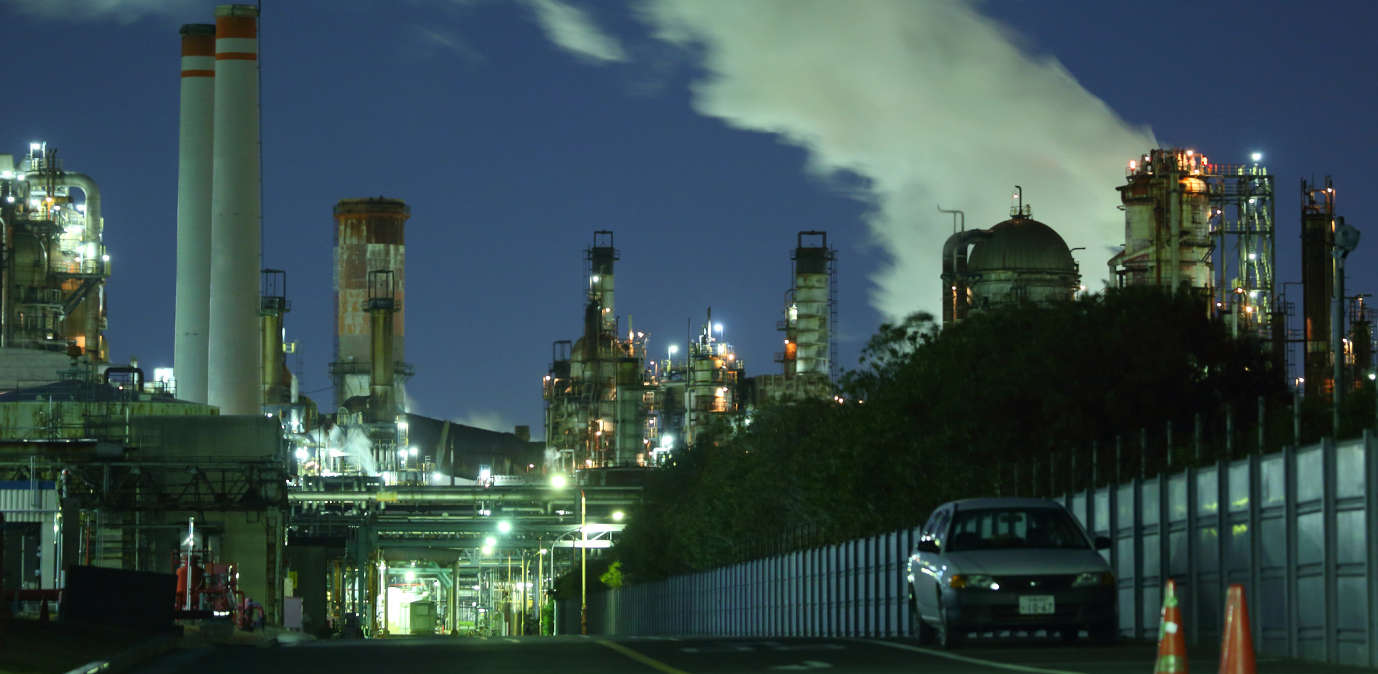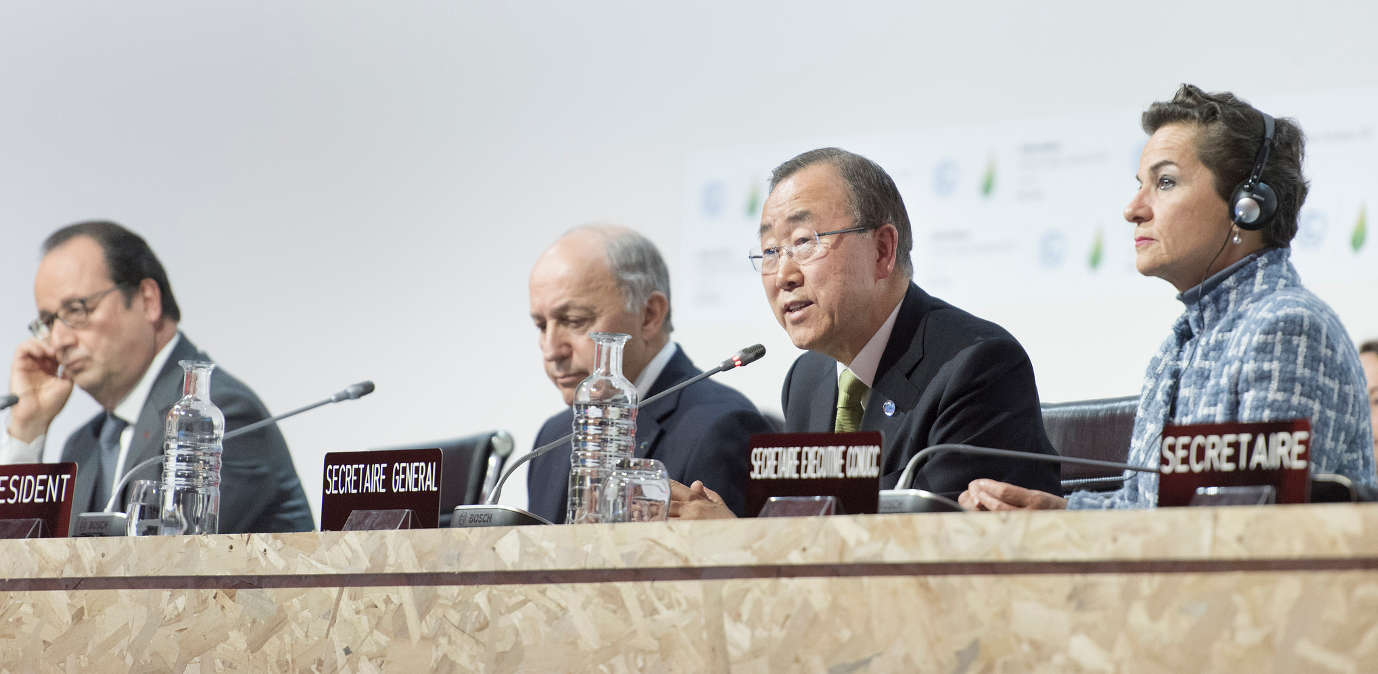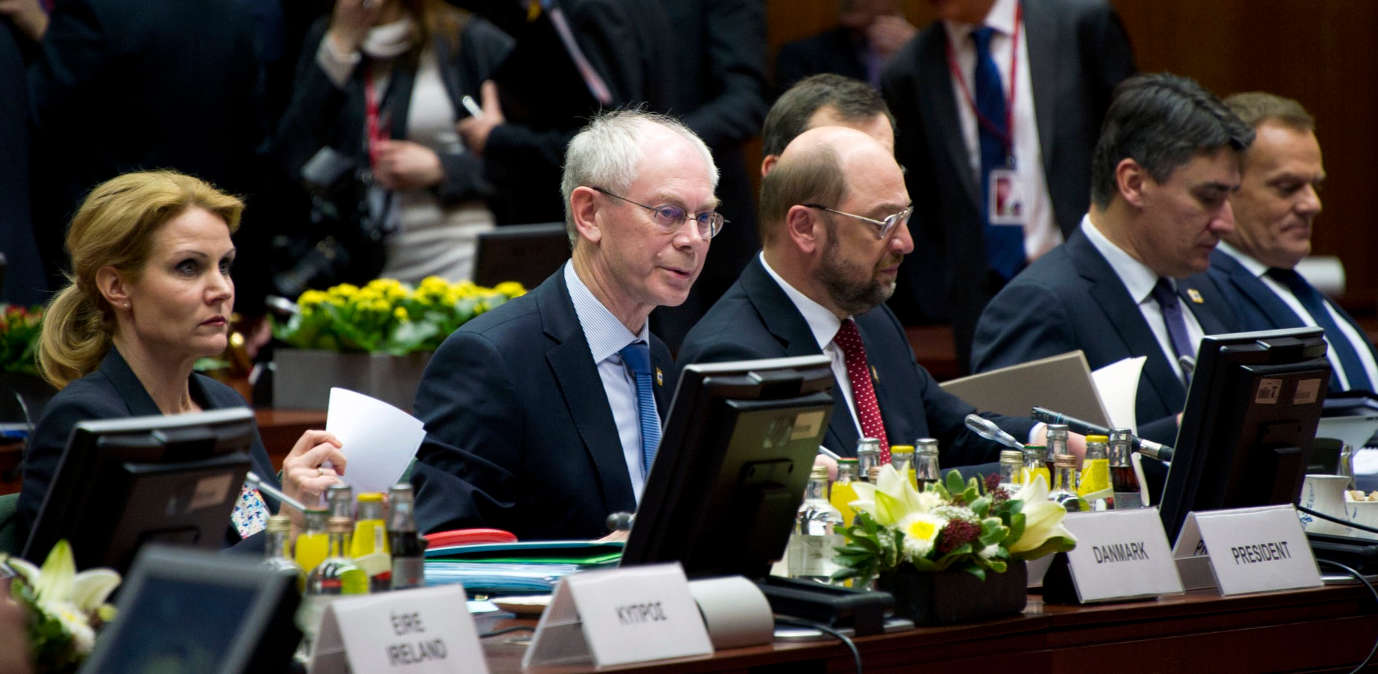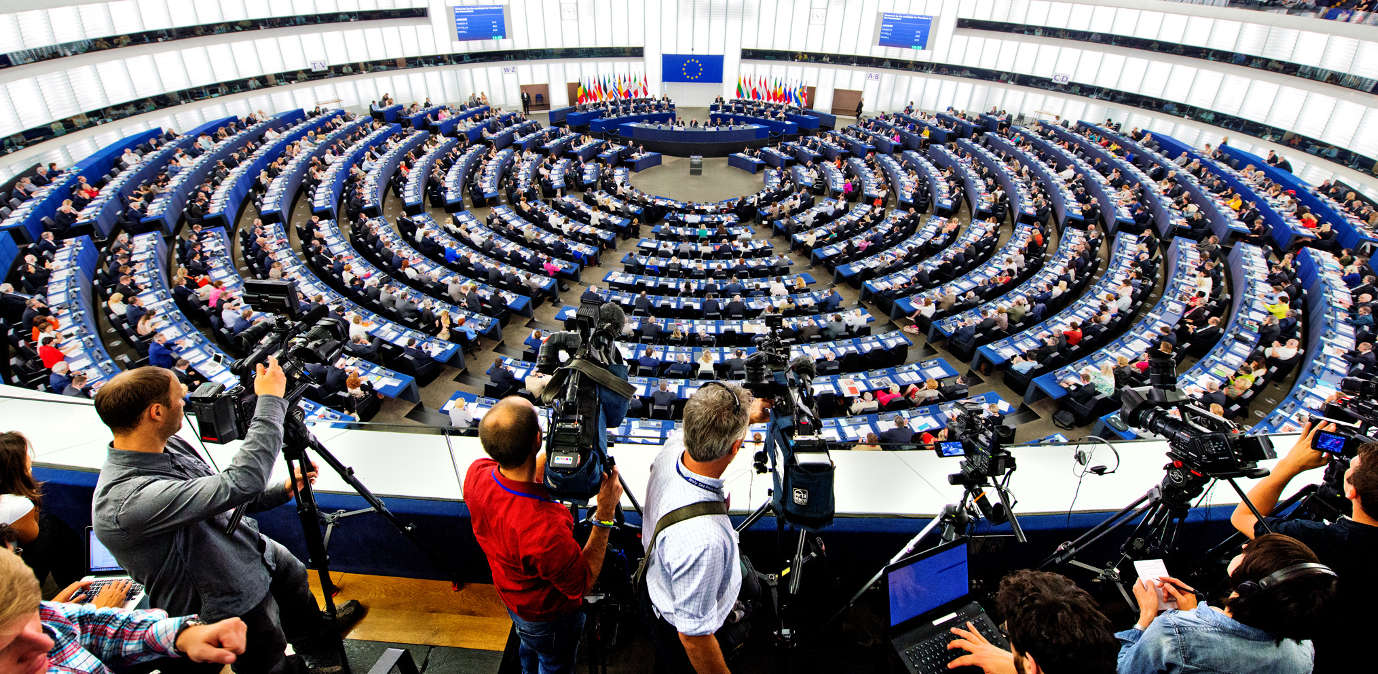Boom and Bust
The EU Emissions Trading System (EU ETS) has been up and down a rollercoaster over the last decade. Launched with considerable optimism in 2005 as one of the European Union’s prime policy instruments for tackling climate change by placing a price on greenhouse gas emissions, it has since gone through what can be most appropriately termed a “boom and bust” cycle.
At the end of Phase I in 2007, the price of an EUA effectively hit zero, as there was no provision to carry Phase I EUAs into the second phase.
 Insights from Inline Policy listing page
Insights from Inline Policy listing page











